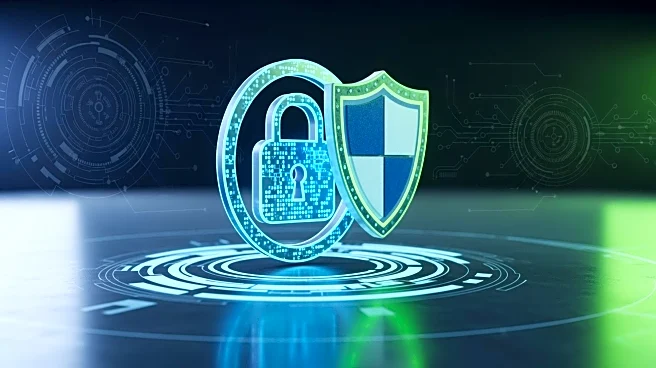What's Happening?
Florida Polytechnic University has partnered with Sittadel, a Lakeland-based cybersecurity company, to establish a student-powered Security Operations Center (SOC) on the university's campus. This collaboration
aims to provide students with hands-on experience in cybersecurity by allowing them to monitor live data and respond to both simulated and real cyber threats. The initiative is designed to address the shortage of skilled labor in Polk County, particularly in the fields of information technology, healthcare, and advanced manufacturing. The SOC will serve as a training ground where students can safely learn to defend against digital threats under the guidance of experienced professionals from Sittadel.
Why It's Important?
This partnership is significant as it addresses the growing demand for cybersecurity professionals in Florida and across the United States. With jobs for information security analysts projected to grow significantly, this initiative aims to prepare students for high-demand, high-paying careers in cybersecurity. By retaining local talent and attracting remote-capable professionals, Polk County can strengthen its tech economy and diversify its workforce. The collaboration also highlights the potential for higher education institutions and industry leaders to work together in developing a skilled workforce that meets the needs of the modern economy.
What's Next?
The partnership will initially focus on launching the SOC and training the first cohort of students. Future phases will involve applied research on AI-driven cybersecurity models and increased engagement with small businesses. As Sittadel expands, there is potential for Florida Poly graduates to be hired locally, which could lead to an acceleration in startups, new investments, and higher-value jobs in the region. The initiative aims to future-proof Polk County's economy by fostering a new generation of digital defenders.
Beyond the Headlines
The collaboration between Florida Poly and Sittadel not only addresses immediate workforce needs but also explores innovative cybersecurity solutions, such as artificial intelligence and zero-trust security frameworks. These advancements could have broader implications for the cybersecurity industry, potentially setting new standards for how digital threats are managed and mitigated. The initiative also underscores the importance of creating educational pathways that align with industry demands, ensuring that students are equipped with the skills necessary to thrive in a rapidly evolving tech landscape.










